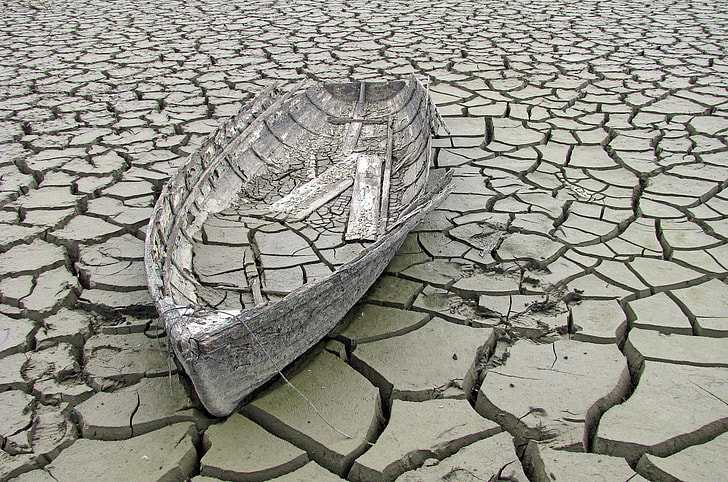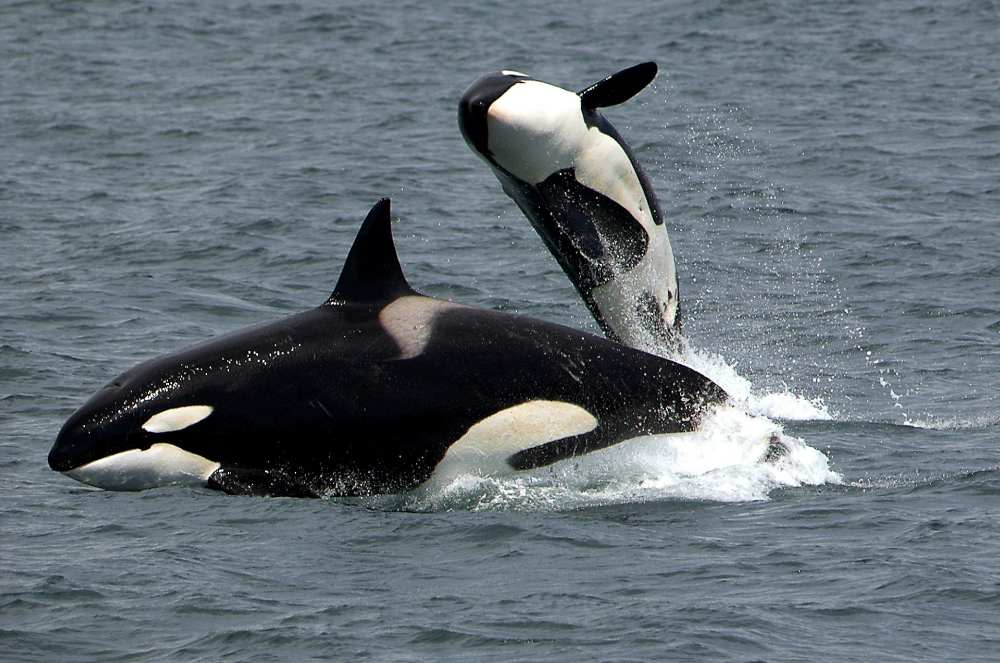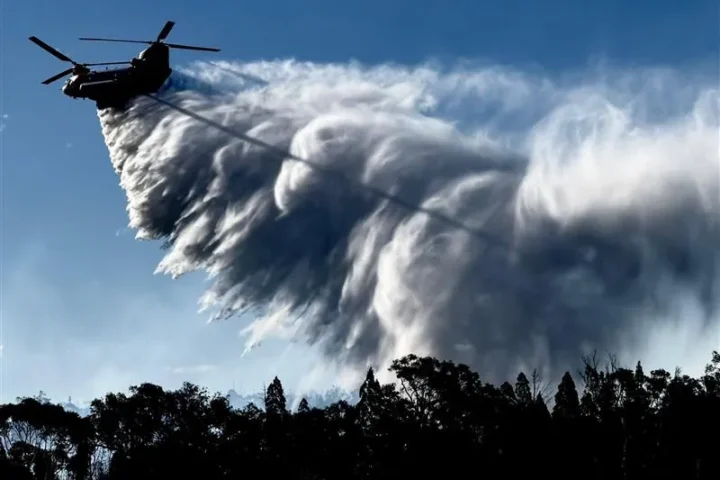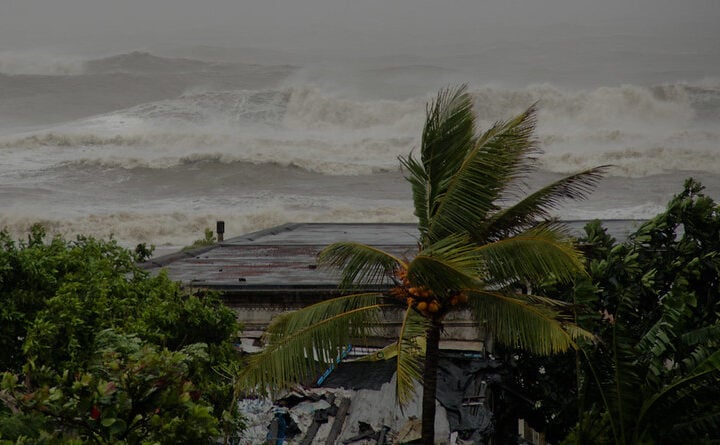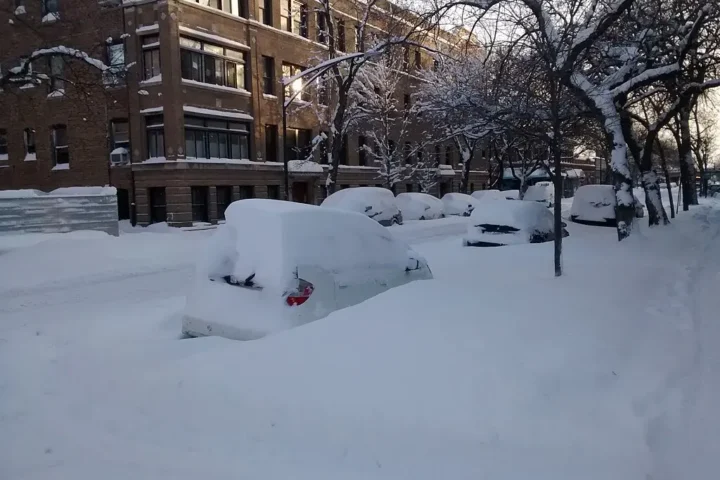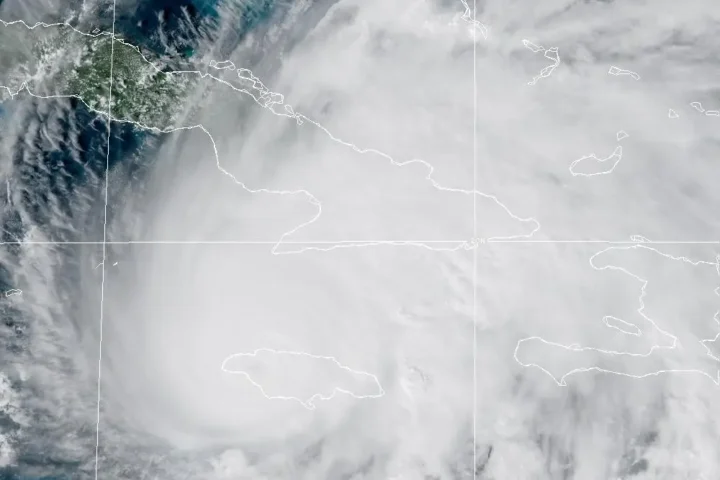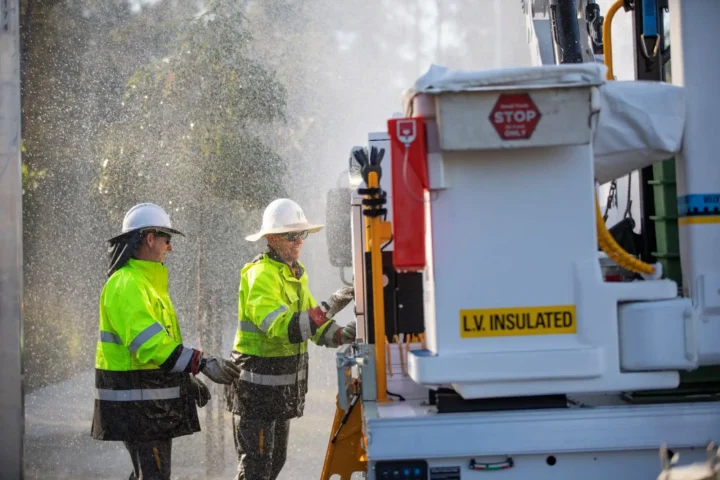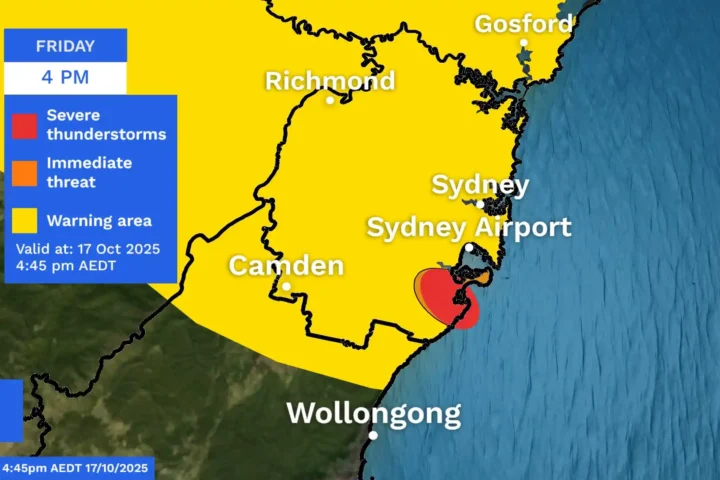A new study by Oxford University researchers has uncovered a major disconnect between policymakers and the public on climate change. Politicians and officials believe only 37% of people worldwide would contribute financially to climate action, when in reality that figure stands at 69% – nearly double what policymakers estimate.
The research, published in Communications Earth & Environment, suggests many climate policies may be less ambitious than they could be because decision-makers misjudge public willingness to take action.
“Policymakers’ decisions can be influenced by their perceptions of public opinion,” explains Dr. Stefania Innocenti, Associate Professor at Oxford’s Smith School of Enterprise and the Environment. “It is possible that their underestimation of how much the public cares about climate change could limit their policy ambitions.”
The study surveyed 191 attendees at the United Nations Environment Assembly (UNEA), including politicians, UN officials, and policy negotiators from 53 countries. Researchers asked them to estimate what percentage of the global population would be willing to give 1% of their personal income each month to help address climate change.
The 32-percentage-point gap between perception (37%) and reality (69%) represents a significant mismatch in environmental policy research.
Similar Posts
Dr. Joshua Ettinger, a former Oxford researcher now at George Mason University, hopes the findings will encourage bolder policies: “I hope our research encourages policy officials to be braver and pursue more ambitious climate policies. They have more public support than they may realize.”
This perception gap isn’t limited to government officials. The researchers found no significant difference between policymakers and other attendees like academics and NGO representatives – all groups substantially underestimated public support.
Several factors may contribute to these misperceptions, including “the impact of news media and lobbying and the frequency of exposure to individuals with particular ideological viewpoints,” according to Dr. Innocenti.
The study comes as some political leaders have called for scaling back climate policies, claiming lack of public support. The findings suggest these leaders may be operating under false assumptions about their mandates.
Public concern about climate change extends beyond willingness to contribute financially. Additional research shows that 86% of people globally endorse pro-climate social norms, 89% demand stronger political action, and 69% report that climate change impacts their major life decisions like where to live or work.
This research highlights a critical communication failure in how climate public opinion is represented to those making policy decisions. Closing this perception gap could be key to enabling more ambitious climate action that aligns with actual public support.
